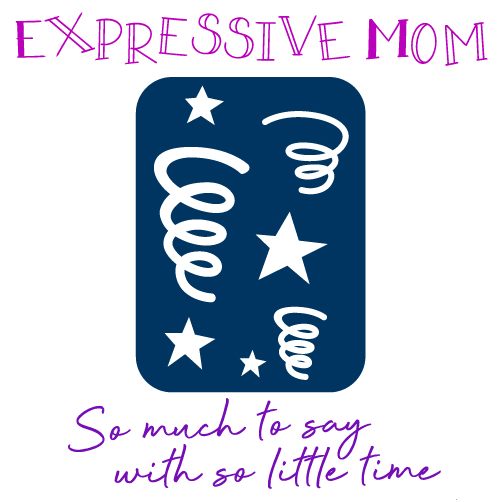Generally speaking, your physician is not going to encourage you to start drinking alcohol and is certainly not going to encourage you to increase your alcoholic intake. Excessive alcohol consumption can lead to many serious health complications including liver disease, cardiovascular disease, certain types of cancer, stroke, obesity, and psychological conditions.
Nevertheless, moderate consumption of wine — red wines in particular, but white varieties as well — has been studied carefully and shown to have a positive impact on human health for many people. The accompanying resource presents a compact, visual overview of wine’s health benefits. It includes important information for any moderate wine drinker; heavy wine drinker looking for reasons to reduce intake; and drinkers of other alcoholic beverages interested in changing to potentially healthier options.
Indeed, the key to the health benefits derived from wine consumption hinges on moderation. For instance, overconsumption of wine (or any other alcoholic beverage) has long been associated with a higher risk of heart disease. However, moderate consumption of wine has been shown to actually reduce that risk. Tannin — a plant-based polyphenol abundantly found in many types of red wine — is a compound that helps protect the body from heart disease. Similarly, studies have shown that resveratrol, another compound found in red wine, can produce increased levels of HDLs, contributing to a reduced risk of high cholesterol.
For people who enjoy good health already, an occasional glass of wine may be just what the doctor ordered, as the resource highlights. Over and above the medical benefits, the relaxation produced by a leisurely glass of wine before dinner or the enjoyment that a glass of wine brings to many social engagements can help us appreciate life all the more. Keep in mind, though, that women who are pregnant and people with a history or family history of alcoholism, heart disease, or cancer should avoid alcohol or check with a physician before making any changes to the diet that involves alcohol.
Wine is one of the oldest beverages in history, dating back at least to the ancient Persians of 5000 BC. Its continued popularity across the millennia and in every corner of the world speaks to its positive effects on our physical, mental, and even spiritual wellbeing. The key to getting the most benefit out of wine is having a better understanding of how wine affects us and our health.
To learn more, please check out our resource.
Graphic created by Thatcher’s Wine Consulting.



Connect With Me !